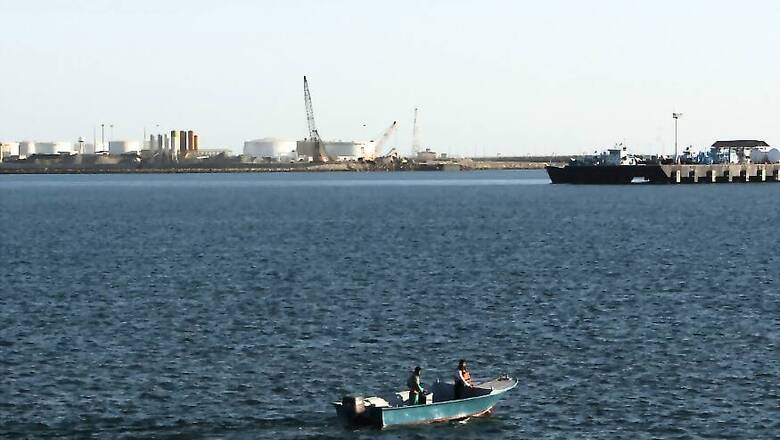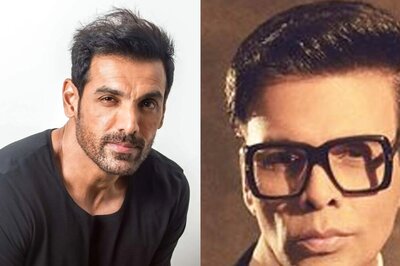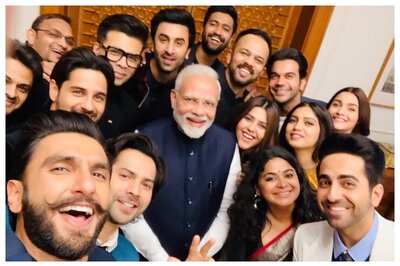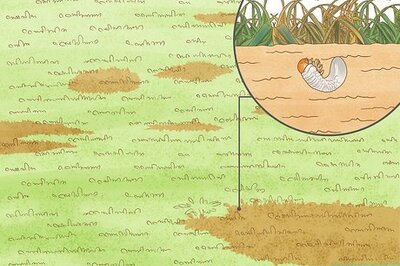
views
New Delhi: Even as the world fights the coronavirus pandemic and trade movements witness a pause, India has ensured wheat export to Afghanistan, with the first consignment of the 75,000 tonnes of the crop sent on Monday. This movement took place via the Chabahar port in Iran in a significant move since Tehran is also battling a severe COVID-19 crisis while remaining under economic sanctions by the United Sanctions.
This regional connectivity under these extraordinary circumstances has been recognised by the US as well despite its ongoing tension with Iran. Although senior US diplomat Alice Wells did not mention Iran in her tweet, she said: “COVID 19 has made regional connectivity and working together more important than ever. Great to see India working with Afghanistan to provide 75,000 MT of wheat as well as medication during this difficult time. Together we can get through this challenge.”
Tahir Qadiry, Acting Afghanistan Ambassador to India, told CNN-News18 that his country welcomes the movement of wheat, also thanking India for promising 5,00,000 tablets of the anti-malarial drug chloroquine to be sent soon. “It’s very timely to jointly fight this pandemic and this epitomises the enduring friendship of the two countries, standing by each other during these testing and trying times,” he said.
Qadiry said Afghanistan also looks forward "to receiving more medical assistance” from India.
As India moved the consignment, which will reach Afghanistan in a few days, Iran Foreign Minister Javad Zarif made a phone call to External Affairs Minister S Jaishankar -- Afghanistan was discussed as well. The Iranian Embassy in New Delhi in a tweet added that “illegal sanctions against Iran” by the US were also part of the conversation although India did not provide any details regarding this.
Iran has been building pressure on the US to lift the sanctions, claiming it is hampering Tehran's fight against COVID-19. Iran has written not just to United Nations Secretary General Antonio Guterres but also to heads of state and governments of various countries, including to Prime Minister Narendra Modi. India has so far remained tight-lipped on its position on this matter.



















Comments
0 comment